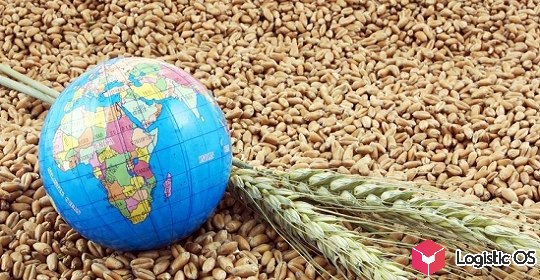According to the latest data, as part of the trade war, China has announced the introduction of anti-dumping duties on canola imports from Canada.
The Chinese market can currently be considered virtually closed to canola from Canada due to the introduction of prohibitive import duties at the level of 75.8%. This was stated by Chris Davison, President of the Canadian Canola Council.
He noted that his country previously sold this crop to China in large volumes: almost $4 billion per year. At the same time, according to him, the introduction of duties was a surprise and a shock for local producers, who will now have to restructure and adapt to new conditions.
A significant drop in prices is already observed: by 6.5% in almost a couple of days. This is due to the fact that the inability to continue canola supplies to China inevitably causes market glut and excess supply.
There are simply no alternative buyers to quickly establish supplies in the same volumes, analysts note.
“This is colossal. Who will pay the 75% deposit for the delivery of Canadian canola to China? It’s like telling Canada: “We don’t need your canola, thank you very much!”, notes one of the traders.
At the same time, the introduction of duties by China, which come into force on August 14, was an unexpected, but still logical step for Canadian exporters.
China responded in a similar way to Canada’s introduction of duties on imports of Canadian cars, as well as aluminum and steel.
At the same time, the introduction of duties on imports of Canadian canola is not the first step by China aimed against Canadian farmers and exporters of agricultural products.
For example, in March, China already introduced duties on Canadian canola oil and meal. Thus, Canada is gradually losing China as a buyer of its oilseeds.
And since it is the second largest market for Canada after the United States, it is obvious that this will have the most serious consequences for farmers.
The situation is aggravated by the fact that Canadian farmers did not know about the duties at the beginning of the season, so they did not have time to adjust production volumes.
Right now they are starting to harvest, but what to do with it is a big question. It is very likely that some of the products will not be sold at prices that would allow them to recoup the cost of production.
As for the settlement of the duty issue, it depends minimally on the farmers.
In fact, they have become victims of the trade war between China and Canada, but it is very difficult to predict when it will end at the moment.

